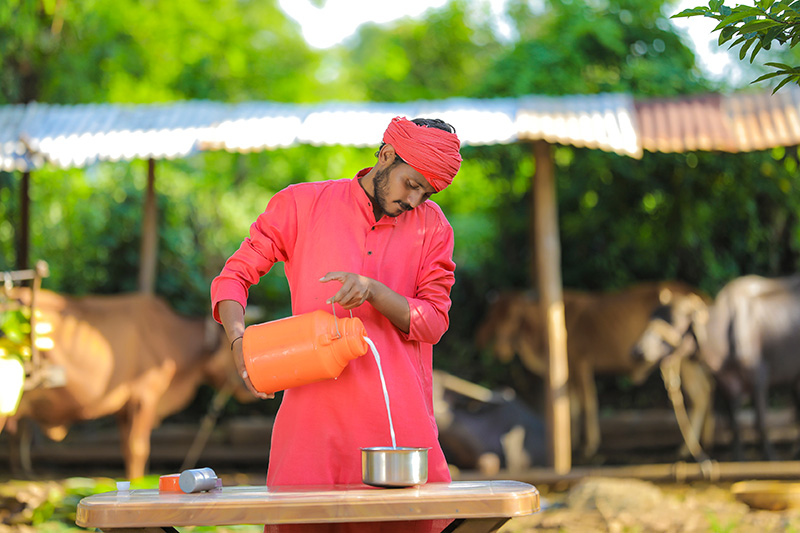Description
Description
Milk, a highly nutritious food, is delicate and requires careful handling due to its short shelf-life. Its perishable nature makes it susceptible to the growth of microorganisms, including harmful bacteria, leading to spoilage and potential health risks. However, through milk processing, the preservation of milk for extended periods becomes possible, contributing to the reduction of food-borne illnesses.
Various techniques can extend the usable life of milk. Cooling, which plays a crucial role in maintaining the quality of raw milk, can prolong its freshness for several days. Additionally, fermentation processes can be employed to increase the milk’s shelf-life. Pasteurization, a heat treatment method, not only extends the usability of milk but also reduces the presence of pathogenic microorganisms, minimizing health hazards.
Moreover, milk processing offers the opportunity to transform milk into high-value dairy products that are concentrated, easily transportable, and have longer shelf-lives, such as butter, cheese, and ghee. This enables small-scale dairy producers to generate higher cash incomes compared to selling raw milk alone and provides better access to regional and urban markets. Furthermore, processing helps mitigate the effects of seasonal fluctuations in milk supply.
The conversion of raw milk into processed milk and dairy products also benefits entire communities by creating off-farm employment opportunities in milk collection, transportation, processing, and marketing. It not only boosts economic growth but also contributes to the overall development and well-being of the community as a whole.


